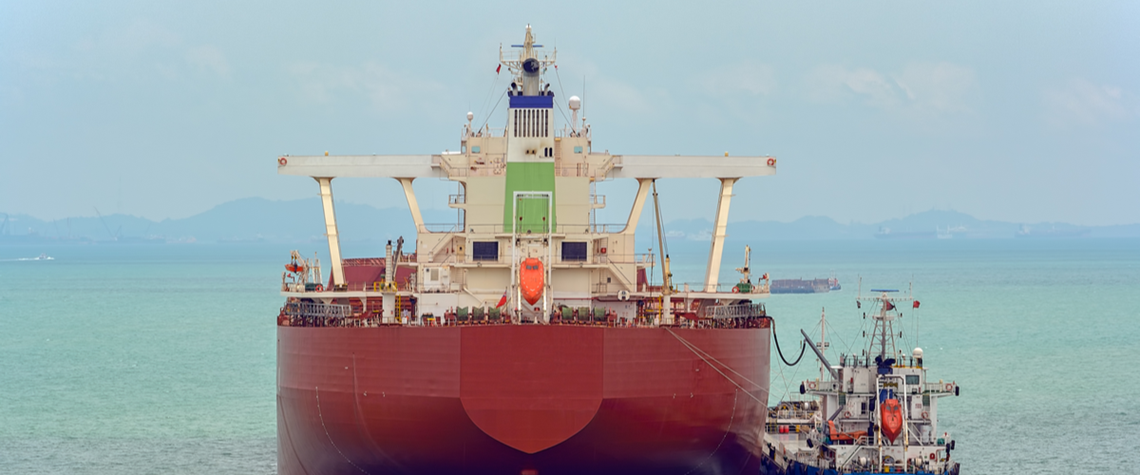New shipping fuels need lifecycle emissions analysis
IMO developing well-to-wake methodology amid calls for robust assessment of clean fuels’ green credentials, conference speakers say
New fuels under consideration by the shipping industry as low- or zero-carbon alternatives to diesel bunker should have their green credentials assessed along their entire value chain, from the upstream point of production to downstream end-use, industry experts urged at a conference on Wednesday. Potential future low-carbon and zero-carbon fuels for shipping—from methanol and ammonia, to hydrogen and LNG—have diverse production pathways that entail significant differences in their overall environmental footprint. This makes it important to assess the greenhouse gas (GHG) emissions across the lifecycle of a fuel, from its production until it is used to fuel a vessel, rather than just the las

Also in this section
9 January 2026
A shift in perspective is needed on the carbon challenge, the success of which will determine the speed and extent of emissions cuts and how industries adapt to the new environment
2 January 2026
This year may be a defining one for carbon capture, utilisation and storage in the US, despite the institutional uncertainty
23 December 2025
Legislative reform in Germany sets the stage for commercial carbon capture and transport at a national level, while the UK has already seen financial close on major CCS clusters
15 December 2025
Net zero is not the problem for the UK’s power system. The real issue is with an outdated market design in desperate need of modernisation







